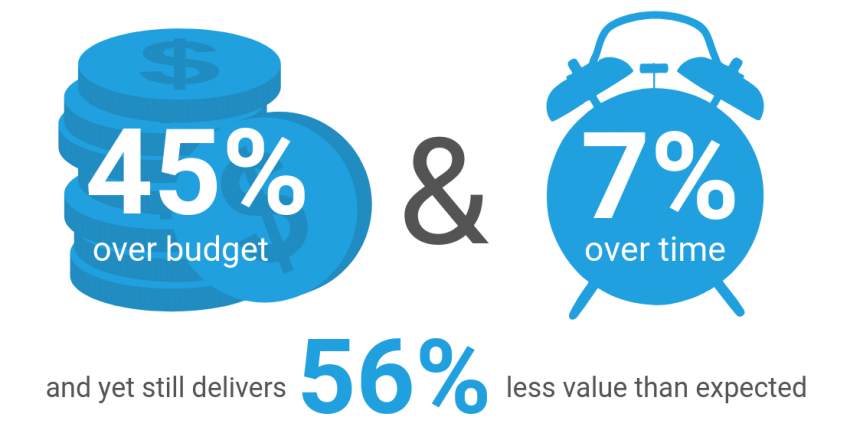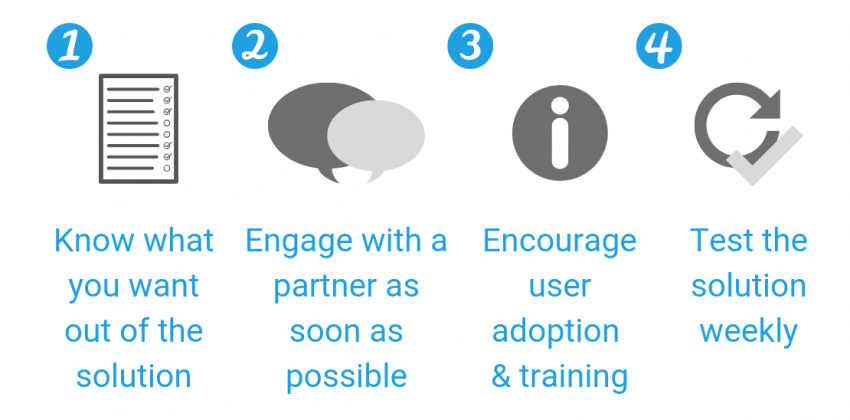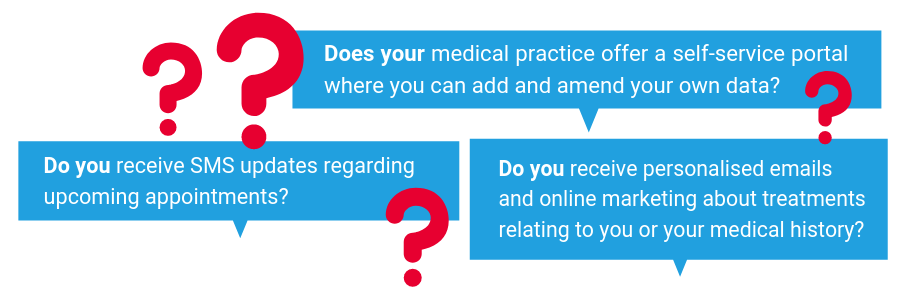Add Your Heading Text Here
Do you want a custom-built or off-the-shelf solution?
There are more UK-based Salesforce partners around than you’ll have ever guessed.
Salesforce is a highly sought after CRM platform and as it continues to grow in capabilities, more businesses are finding themselves needing help with getting started.
Given that it’s one of the biggest investments you’ll likely ever make for your business, it’s understandable that you want to implement it right.
The risks of implementing Salesforce without professional help
Did you know that the average large-scale IT project runs...

Time is money - and money is time
One of the biggest things you risk wasting in your efforts to self-implement is time.
Even if you currently employ a Salesforce expert and rely on them to manage the implementation, this isn’t to say that they know how to navigate all the potential issues. What if they spend hours on the project just to realise later they’re not properly equipped, leaving you with no choice but to appoint a partner, who might then charge even more to untangle the mistakes already made. This would also be a huge drain on your employee’s working time, given that their other responsibilities will be cast aside.
Limited support could become an issue
Unless you already have a large Salesforce support team, relying on one or two employees to direct everyone else around Salesforce carries the risk of you being left perplexed without them. Implementation partners on the other hand can guarantee you constant trustworthy support, which becomes invaluable in the time of a technological crisis.
Our tips for a successful Salesforce implementation
1. Know exactly what you want out of the solution in advance
If you’ve got a plan in place identifying why your business needs a CRM system, this part should be obvious.
2. Engage an implementation partner, like Sandyx, as early in the process as possible
We can bring our experience to bear and help identify elements of the process you may not have considered and guide you along the way.
3. Train users and encourage adoption across the company
Before allowing the new software to go live, you must ensure your staff are appropriately trained – otherwise you’re left with beautiful software and a team who’re completely alien to it. At Sandyx, we offer training to all the necessary staff to help familiarise them with Salesforce as best as we can.
4. Test the solution and review your project weekly
If you’ve spent heaps of money on new software, naturally you’ll want to see it in action as soon as possible – but this involves rigorous testing first. Communication is one of our priorities at Sandyx – we believe the best implementations involve a lot of to-ing and fro-ing with our clients.

The benefits of an implementation partner
Implementation partners know Salesforce inside and out – and they can identify how it will open up new opportunities for your business. This kind of expertise will ensure you see the greatest return on your investment for years, making every penny you spent on the implementation worthwhile.
We have seen this first-hand, especially in the project work we completed for Hermes which we believe helped to drive them forward in terms of innovation and organisation.
A Salesforce partner will have invaluable knowledge that not only assures you a smooth implementation from the go-live date, but it will also encourage best practises amongst staff whilst they get familiar with the new software.
Finding the right Salesforce partner
Whenever a client approaches us with an implementation project, we hold a lengthy consultation with them to pinpoint precisely what they are looking to achieve.
Sometimes this means implementing Salesforce orgs exactly as they are, sometimes this means customising orgs to the point where they hardly resemble Salesforce – it all depends on the client and their goals.
If you have any questions whatsoever about your existing CRM system or Salesforce org, please do not hesitate to contact us today.


